文学硕士(荣誉)考古学与古代历史
MA (Hons) Archaeology and Ancient History

学历文凭
Bachelor Degree

专业院系
School of History, Classics and Archaeology

开学时间

课程时长

课程学费

国际学生入学条件
IDP—雅思考试联合主办方

雅思考试总分
- 雅思总分:
- 托福网考总分:
- 托福笔试总分:
- 其他语言考试:
CRICOS代码: VV1A
申请截止日期: 请与IDP联系 以获取详细信息。
课程简介
Combining the study of ancient history with the theory and practice of archaeology, this interdisciplinary programme offers the opportunity to explore the ancient civilisations of the Mediterranean with a particular emphasis on Greece and Rome. There is the opportunity to gain the historiographic and archaeological skills required to understand past societies, including the analysis of literary sources, understanding of ancient buildings and forensic evidence, as well as learning ancient and modern languages. The rich body of literary and documentary texts that survive from ancient Greece and Rome provide fascinating insights into the culture and society of these ancient civilisations. Analysis of these compelling documentary sources forms a key component of this programme. However, historical accounts are often fragmentary, and are sometimes biased towards major events or prominent individuals. Archaeology, the study of the material remains of past peoples, offers an additional source of evidence for reconstructing and understanding the day-to-day lives of the ancient Greeks and Romans. Archaeology investigates the human past using material remains such as artefacts and excavated sites to reconstruct the economic, social and cultural life of early societies. At Edinburgh we have a rich tradition of archaeological teaching and research, specialising in European prehistory, the early civilisations of the Mediterranean and the Near East and Egypt. You will be introduced to standard and innovative archaeological techniques and the practice and theory of archaeology. This will include the study of science-based archaeology, the study of animal and human bones and digital applications. We emphasise the importance of training in practical archaeological skills. You can gain hands-on experience of artefact identification and analysis in practical sessions using artefacts from our own Vere Gordon Childe collection. Our students will also complete three weeks of archaeological fieldwork at the end of Year 1 and have the option to undertake further fieldwork, as well as projects in heritage management and public engagement, and the lab-based analysis of archaeological remains, in later years of study.
相关申请
 预科
预科 奖学金
奖学金 实习机会
实习机会 在校学习
在校学习 跨境学习
跨境学习 校园授课-线上开始
校园授课-线上开始 在线/远程学习
在线/远程学习
开学时间&学费
学费信息仅供参考,请与IDP联系以获取详细信息
| 开学时间 | 时长 | 学费 | 地点 |
|---|
学校排名

世界排名29
数据源:
泰晤士高等教育世界大学排名
关于爱丁堡大学

爱丁堡大学(The University of Edinburgh),简称爱大,苏格兰之王,全球20强顶尖名校。位于英国苏格兰首府爱丁堡市,创建于1583年,是英语国家中第六古老的大学。《苏格兰启蒙运动》与《苏格兰大学发展研究》提到爱丁堡大学在18世纪曾超越牛津和剑桥而成为引领欧洲学术发展的第一大学。本杰明·富兰克林曾盛赞:“爱丁堡大学拥有许多真正的伟人和从事各种知识研究的教授,这在以往的任何时代、任何国家都从未有过。”爱丁堡大学产生过21名诺贝尔奖获得者、3位英国首相、4位总统和2位总理,并为罗素集团(The Russell Group)、科英布拉集团(The Coimbra Group)及欧洲研究型大学联盟(LERU)成员。达尔文、大卫·休谟、亚当·斯密、麦克斯韦、亚当·弗格森等诸多名家均曾在爱丁堡学习或从事研究。由于其悠久的历史、庞大的规模、卓越的教学质量与科研水平,爱丁堡大学在2015/16年QS世界大学排名中位居全球第21位;在2015/16年泰晤士高等教育世界大学排名中位居全球第24位,声誉排名全球第29位;在2015年维基百科世界大学影响力排名中位居全球第16位;2015/16 ARWU世界学术排名全球第47位。在英国官方每7年发布一次的2014REF英国大学研究排名中,高居全英第4位,仅次于牛津大学、伦敦大学学院和剑桥大学,是英国的超级精英大学。爱丁堡大学有一套严格的录取选拔机制,是英国大学中入学竞争最激烈、申请难度最高的大学之一,录取率仅为8%-10%左右。爱丁堡大学是英国最具规模的院校之一,以其出色而多样化的教学与研究而享誉世界。
本校相关课程
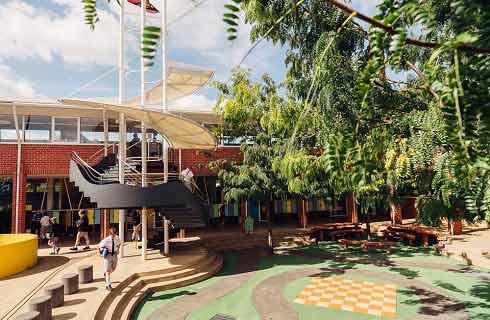
理学硕士-强度和调理
学历文凭
Masters Degree (Taught)
开学日期
课程费用总额

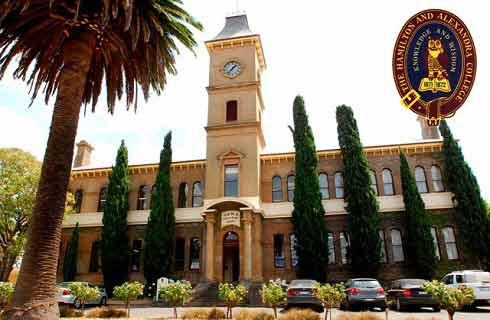
PgDip强度和调理
学历文凭
Graduate Diploma
开学日期
课程费用总额


PGDE-教育专业研究生文凭(小学)
学历文凭
Graduate Diploma
开学日期
课程费用总额

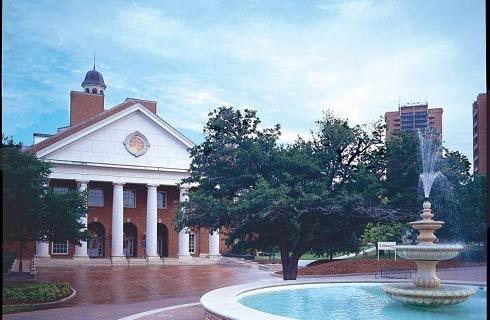
理学硕士-表现心理学
学历文凭
Masters Degree (Taught)
开学日期
课程费用总额

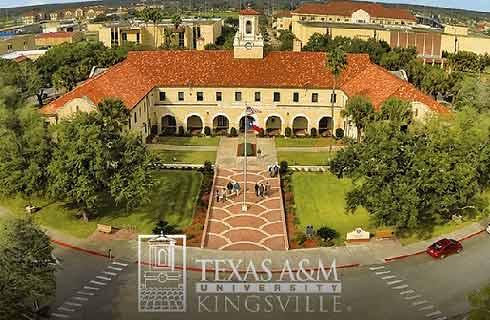
理学硕士-户外环境与可持续发展教育
学历文凭
Masters Degree (Taught)
开学日期
课程费用总额

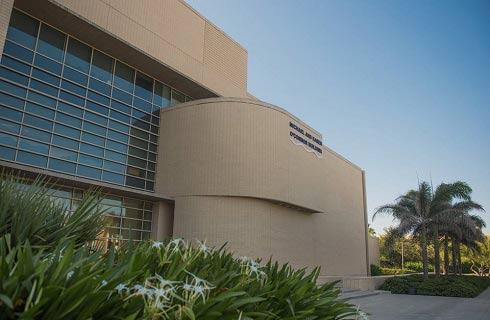
理学硕士-户外教育
学历文凭
Masters Degree (Taught)
开学日期
课程费用总额

其他相关课程

国家土著研究中心哲学博士
 澳大利亚国立大学
澳大利亚国立大学学历文凭
Ph.D.
开学日期
课程费用总额


芬纳环境与社会学院哲学硕士
 澳大利亚国立大学
澳大利亚国立大学学历文凭
Masters Degree (Research)
开学日期
课程费用总额

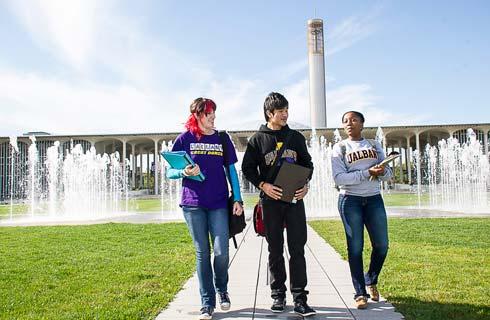
社会科学学士(荣誉学位)
 纽卡斯尔大学
纽卡斯尔大学学历文凭
Bachelor Degree with Honours
开学日期
课程费用总额


哲学博士(人文,艺术和社会科学)
 斯威本科技大学
斯威本科技大学泰晤士高等教育世界大学排名:282
学历文凭
Ph.D.
开学日期
课程费用总额

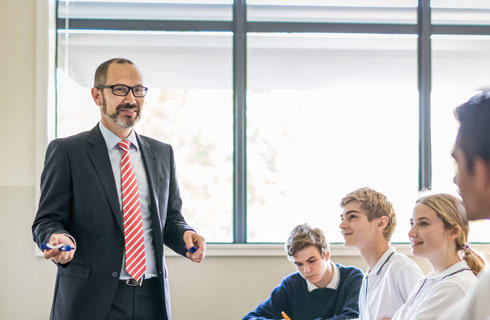
国际发展研究生文凭
 乐卓博大学
乐卓博大学泰晤士高等教育世界大学排名:267
学历文凭
Graduate Diploma
开学日期
课程费用总额


土著哲学博士
 南十字星大学
南十字星大学泰晤士高等教育世界大学排名:456
学历文凭
Ph.D.
开学日期
课程费用总额










 英国
英国